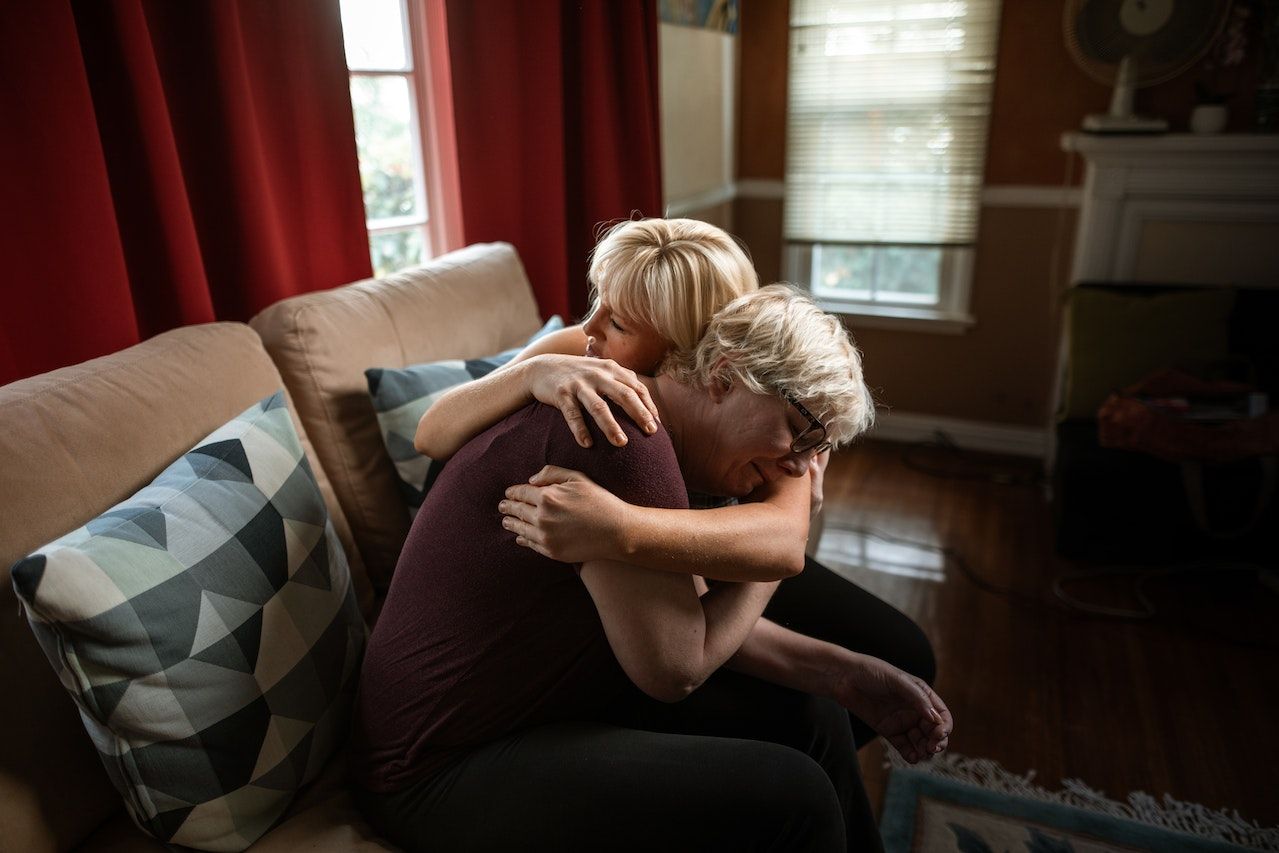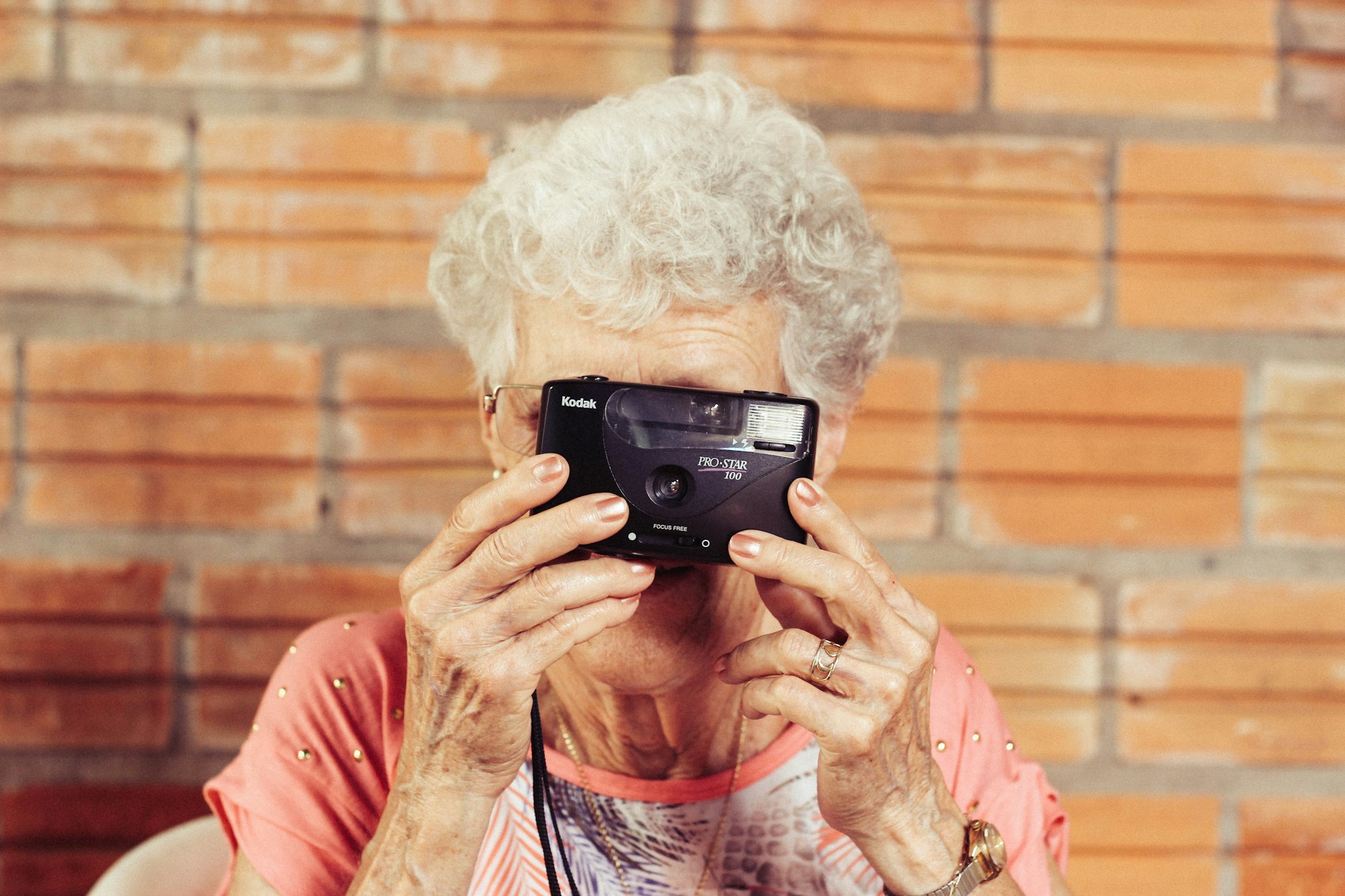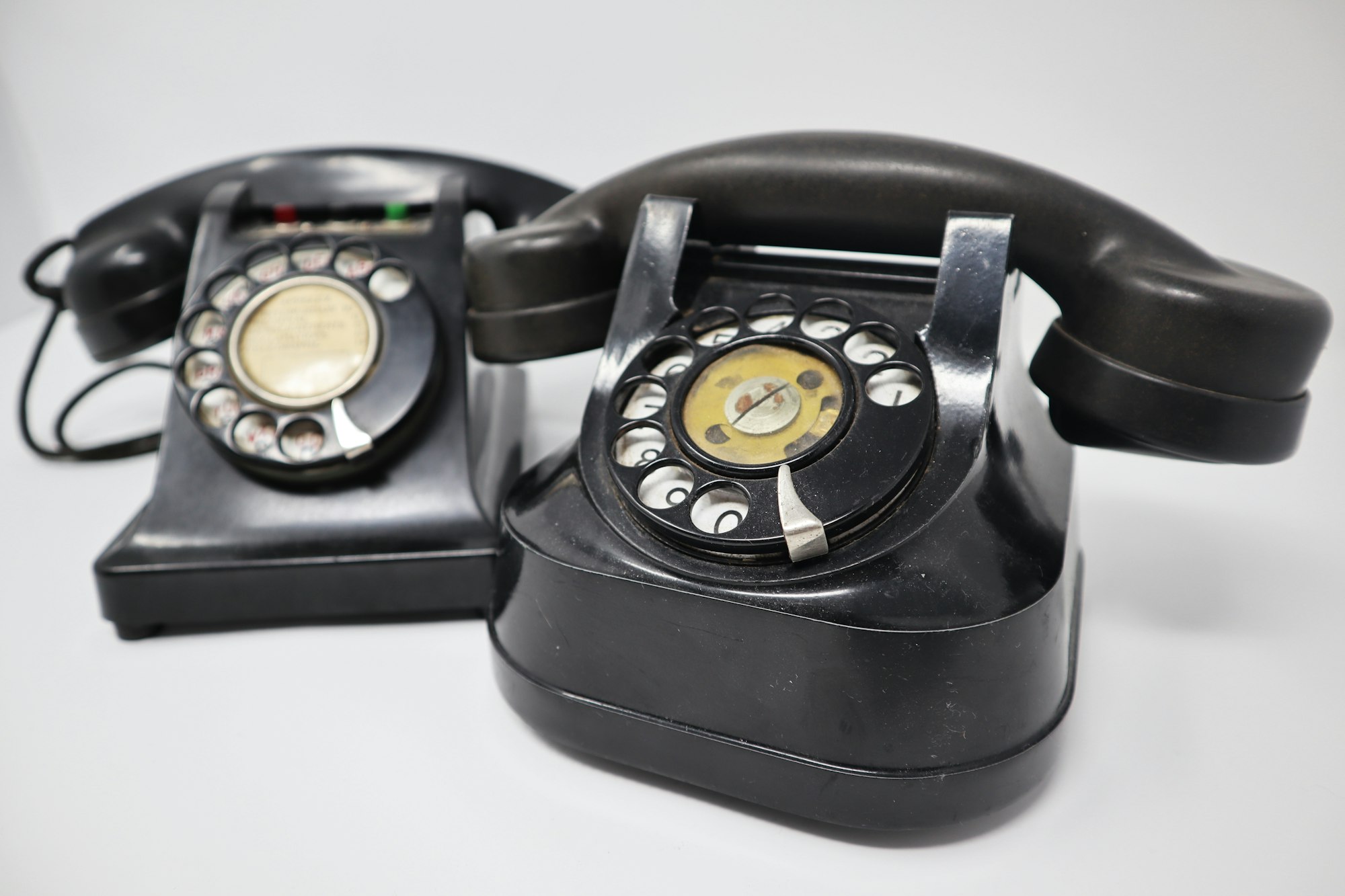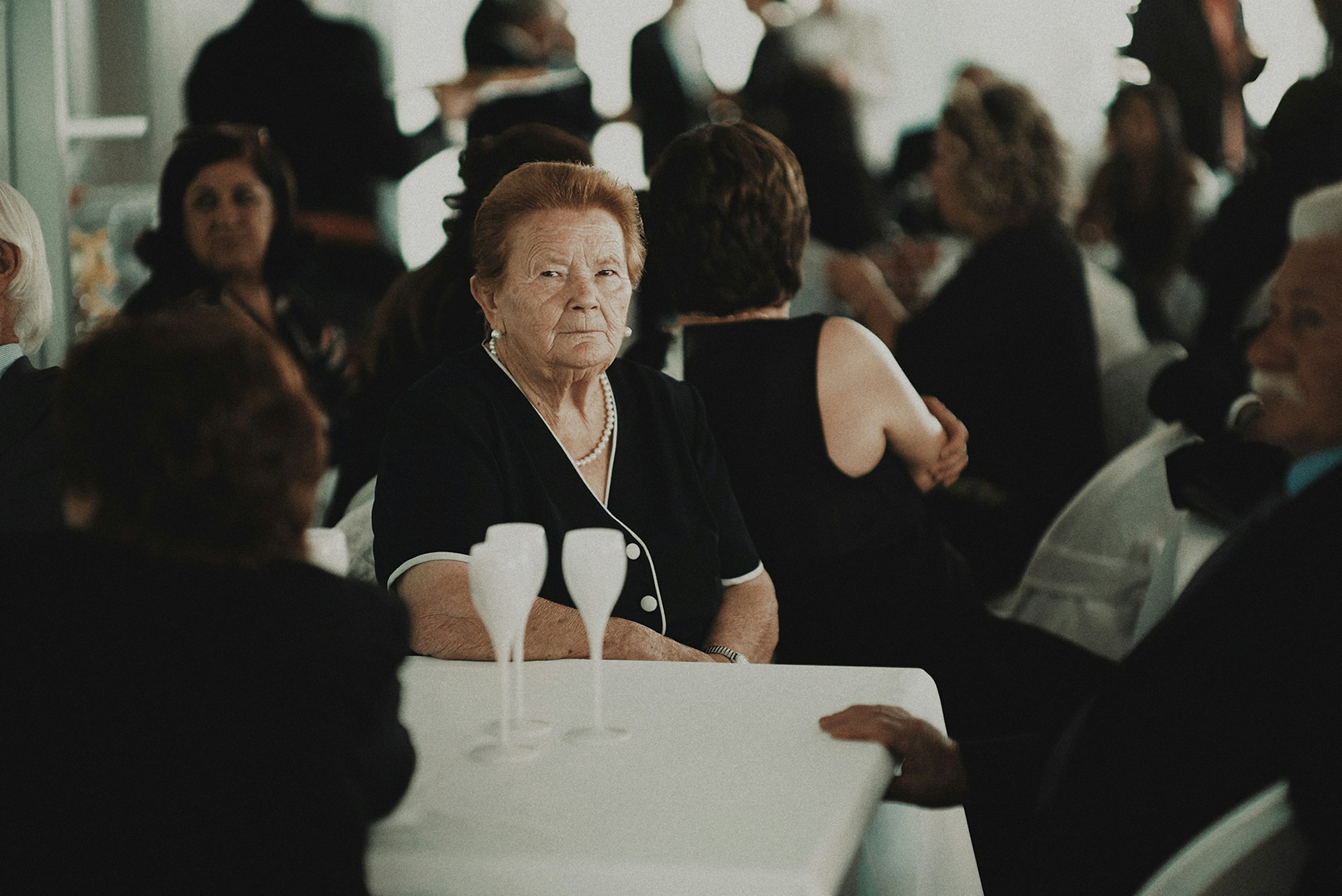How to Heal from Narcissistic Parents
Caring for a narcissistic parent is challenging. You will go through stages of healing. And you will feel challenged. There will be feelings of guilt for many of you. Learn how to heal

It doesn’t matter when the emotional abuse started, the scars are real. Some have survivors actually develop PTSD, So, I thought it was important to address steps on to heal from narcissistic parents, after the caregiving journey is over.
Some caregivers will stop providing care and distance themselves for the aging narcissistic parent. Others will remain until their parent dies. The fact is, your mental and emotional well being have been adversely affects.
How to Heal From Narcissistic Parents
It doesn’t matter when the emotional abuse started, the scars are real. Some have survivors actually develop PTSD, So, I thought it was important to address steps on to heal from narcissistic parents, after the caregiving journey is over.
Some caregivers will stop providing care and distance themselves for the aging narcissistic parent. Others will remain until their parent dies. The fact is, your mental and emotional well being have been adversely affects.
Starting the Healing Process after Narcissism Constant Negativity

Now, to start the healing process, you have to take time and identify the types of abuse you endured,
This is not as easy as it sounds. Narcissists are master manipulators and controlling. They have little tolerance or patience for others. So they become emotionally and verbally abusive. For many of you that have cared for a narcissist, you feel as if you are always walking on eggshells when in the narcissist's presence. They have gaslighted you to make you unsure and question yourself. They often use emotional blackmail to keep you under their control. They are always putting you down. You were never able to meet their standards or expectations.
And when you try to defend yourself, they are very good at pulling you back in after they have successfully destroyed your self-esteem and confidence.
While the narcissist works to preserve their fragile ego, it is important to note that these attempts to protect are not always a conscious effort on their part. Some just respond subconsciously, as it is so ingrained in their personality.
Some of you listening have already ended the relationship and have started to create distance. To heal from narcissistic parents, be prepared to be very clear on your reasons for ending the relationship or distancing yourself. You must be prepared as your aging narcissistic parent is going to be defensive.
Create Clear Talking Points Ready for Your Exit Plan

I discussed in a previous lesson on the importance of having a list of clear talking points on why you are leaving. Remember, to approach this with a calm and confident manner.
If you need help to create this list, consider consulting a mental health professional or others in a support group that have been successful at creating that distance. Both online and in person support groups are so beneficial to support you.
I often recommend to my caregivers to journal. If you have been journaling or have kept a diary during your life, these writings may help you identify the various forms of abuse.
Healing From A Narcissists Abuse Means Learning to Trust Yourself

When healing from narcissistic parents your first challenge and goal is to learn to trust yourself. This is especially true when dealing with covert narcissists, who often exhibit passive-aggressive behavior. Trust your gut feelings again. Years of gas lighting have made you question everything you do. Even the tiniest things.
You will go through stages of healing. And you will feel challenged. There will be feelings of guilt for many of you. These are your loved ones. No matter how angry you are, or how torn you are, there will always be a part of you that wants and needs approval and love form them.
You have feelings of love for your narcissist family member. That’s is motivated by emotions.The logic part of your mind says,”Hey, they have abused you, They have demeaned, demoralized and attacked your self esteem at every opportunity. You need to run and get as far aways as possible. Do not look back.”
Caregiver Tip

I am going to give you a tip that I give to all my family caregivers, decisions based on emotions, are poor decisions. Making decisions require a logical approach, weighing what is best for you. This approach can help you avoid caregiver burnout, which is common when dealing with narcissistic parents. You have to consider all options.
If you struggle with guilt, and other emotions, take a logical approach and do a decision analysis to make an logical choice, and not an emotional one.
I like to ask my caregivers, if they are just passively waiting for something to change, so they won’t have to take this step.
There are steps that you can implement to speed up your healing and put an end this emotionally toxic relationship.
As I said earlier, the first step is to start to trust your gut, I’ll add that to start to try logic versus emotions.
Setting Boundaries

If you are creating a distance, start to set personal limits and boundaries. You are human and have limits. Define those limits, write them down. Become firm and don’t back down. You deserve to live your best possible life.
If you have detached and want to end the relationship, I suggest you unfollow or block them on social media, and to be willing to block their phone calls, texts or emails.
Start to Rely on Your Support System

This is a time when you need to surround yourself with your other family members and friends. It is also a time to focus on your own mental health and wellness by focusing on “Me time”. Enjoy hobbies. Walks in nature. Do what makes you feel good. Understanding the environmental factors that contributed to your situation can also be helpful.
I want to address trusting your gut, again. We all have intuition. Some of us listen to those gut feelings, more than others. It’s vital that you listen to what you are feeling.
As a woman, I have had feelings that something didn’t feel right. There are time when I have had things occur that reinforced that feeling. And I still ignored what I was feeling. Later, I realized that I was right.
I have been in situations where the message given to me was.. ‘What’s wrong with YOU? Are You crazy,’”
I have learned over the years to make a mental note when I find myself doubting my instincts. Because those old tapes of hearing those messages still haunt me. I’m getting better, But there are times I still struggle.
Story of a Malignant Narcissistic Mother and Her Adult Child
In my first lesson, I shared the story of Star with her elderly narcissist mother Edith. Star struggled with all of these issues. She desperately wanted to be loved by her mother. She was a very intuitive person, on other areas of her life. But, when it came to anything she relationship with her mother, Stars emotions were always a struggle. It took Star five years and and a serious health scare before she was able to detach. And, as I shared before, Star finally took the steps to put her mom in an assisted living. She was just beginning to get her life back when she went into the hospital for tests and never came back out. I implore my clients not to wait until it’s too late.
Challenge Your Beliefs

The next step towards healing is to challenge your Beliefs about your relationship, think about what is interfering with you detaching or distancing to move on?
Narcissists often have an inflated sense of self-importance, which can make it difficult to detach emotionally.
I am going to share with you the responses from Lisa, who was caring for her narcissistic parents.
Here is Lisa’s list:
1. It was my fault I was always a challenging child and was a constant disappointment
2. As I was growing up, I got in the way of my parents growing their business like they wanted
3. I can always do better and need to keep working on improving myself to make my mom proud
4. It hard to love me, because I’m not smart enough, pretty enough.
5. They need me now and I owe them to take care of them, since they took care of me `as I grew up.
I want to point out here, these are all emotional reasons for not detaching.
Clearly, Lisa, does not want to face the pain and acknowledge her present situation. The reality is, she will never feel loved, accepted and supported by her narcissistic parents. Lisa is trying to persuade her logical self that her parents there is still hope she will make her parents happy and they will love her. Her continuing to provide care is the hope for love and then blaming her self for the failure of this relationship.
Next Step to Healing From a Narcissistic Parent
The next step to healing is to identify who, you believe in your childhood, allowed or even encouraged you to take all the blame?
I see many caring for an aging narcissist who tend to take more than their share of the blame for everything that ever went wrong. I have had clients tell me that they were blamed for things that were out of their control, like the bad weather, or the narcissist not getting a job.
Understanding that your parent may have narcissistic personality disorder can help you see the situation more clearly. As an adult child of narcissistic parents, a parent blamed them inappropriately. It can help to realize that part of what is keeping you from seeing the current caregiving relationship situation realistically, is this a repeat of a recurring childhood situation. Ask yourself: Who in my childhood always blamed me when something went wrong?
For example, Star was clearly raised by a narcissistic mother who continually blamed her for virtually everything.
If food in the refrigerator went bad, Star was told: She must have left it out.
When Edith got angry and yelled at Star at her place of employment, Edith would tell her, “It’s your fault that I lost my temper! If you hadn’t been selfish, I wouldn’t have had to yell at you in public. Or come to your place of work.”
Are You Protecting Your Narcissistic Parent?

The next step I am going to ask you to do is to write down what do you get out of protecting your aging narcissistic parent and blaming yourself instead?
Adult children of narcissists not only blame themselves out of habit, they do it because of their history, but also because it serves some subconscious psychological purpose.
Recognizing that your parent has a personality disorder can help you understand why you blame yourself.
In order to move on and heal for the abuse, it helps to recognize what you are getting out of putting all the blame on yourself. This is a hard question for to answer. I know that is the question Star struggled with answering.
Star finally said,”If it was my fault, I can make it better. That is hard for me to let go of. If I accept that my mother is a narcissist then there is nothing I do can solve her problems.”
I the first part of this lesson, We addressed your beliefs about this relationship. I asked you to write them down. I noted that these were emotional responses and not logical ones. You wrote about the way you feel your aging narcissistic parent makes you feel.
Write down a logical statement next to each belief in Part 1. Make sure it is what your mind tells you is true (even though your emotions does not want to believe it).
Here is Lisa’s new list:
1 It is not my fault that my parents felt that I was a constant disappointment . They had such unrealistic goals for me at a very young age.
2 Im not responsible for their business failures. Nothing I did would have impacted the outcome.I was a young child.
3 I am loveable, have friends and have been told I am pretty and smart. I was a b student in school.
4 I Am smart, I work on improving my self and don’t need my parent approval .
5 While my parents may need or require care, I do not have to be the one to provide care. With our history, others may be more suitable. I don’t owe my parents anything.
Now,whenever you find yourself blaming yourself, reread Part 4 over again.
Bottom Line
The bottom line is It can be very hard to heal from narcissistic abuse. Some survivors focus on the good parts. They tell themselves that we could have done something differently and we imagine we will get the love we crave. For many adult children it takes repeated reality checks to counter those fantasies.
Other adult children have so much pent up anger and rage, they seek relief from disappointment in alcohol, drugs or lots of daily drama, arguing and being disagreeable about everything.
Adult Children of a Narcissist are Co Dependant

The next step to recovery is to consider joining a recovery group, such as a 12-step program. Narcissists commonly create a co-dependency on them. It creates a sense of codependency in your outside relationships as well.
Narcissistic traits often coexist with other personality disorders, making it important to seek comprehensive support.
Remember it’s all about putting yourself together again so you can focus on your priorities and goals, not someone else’s. Many find it hard to admit to themselves that they’ve let someone manipulate them.
We all meet those masters of manipulation, they have the power of persuasion. It’s nothing to be ashamed or guilty about. Seek help and learn how to effectively set boundaries and honor your own needs. I also suggest that you look into practicing meditation or other mindful disciplines. This can help you to retreat from the toxicity you are experiencing, and keep you grounded and centered on your own mental and physical well-being.
Refuse to engage when they try to provoke. Practice passive resistance if your independence is limited. Find some time for yourself. Avoid the burnout that comes along with providing care, especially when caring for psychologically abusive parents.
The key to keeping your sanity is maintaining some sort of social life and seek out activities that bring you pleasure and joy as often as you can.
FAQ: Defending Yourself Against the Aging Narcissist: How to Heal from Narcissistic Parents
What is Narcissistic Personality Disorder?
Narcissistic Personality Disorder (NPD) is a mental health condition characterized by a pervasive sense of self-importance, a lack of empathy, and a constant need for admiration. It often leads to manipulative or abusive behaviors, particularly in close relationships, such as those with family members.
What does it mean to deal with an aging narcissist?
An aging narcissist refers to a parent or family member with narcissistic traits or NPD who is growing older. Their behaviors, such as emotional blackmail, control, and manipulation, can worsen with age due to environmental factors like declining health, reduced social life, or fear of losing control.
How do I recognize an elderly narcissist in my family?
Signs include:
- Frequent use of emotional blackmail to get their way.
- A tendency to blame others for their problems or failures.
- A lack of empathy for your feelings or needs.
- Controlling behaviors or efforts to dominate family dynamics.
- Comparison thinking, making you feel less than others.
- Covert manipulation, especially if the person appears outwardly charming but acts differently behind closed doors.
Why do narcissistic behaviors intensify with age?
As they age, narcissists often feel a loss of control over their lives, which can heighten their manipulative behaviors. They may become more demanding and critical as they seek to maintain their sense of importance. Environmental factors like isolation or health issues can exacerbate their behaviors.
How does being raised by a narcissistic parent affect adult children?
Adult children of narcissistic parents often struggle with:
- Low self-esteem due to constant criticism or comparison.
- Guilt when setting personal limits or prioritizing self-care.
- Caregiver burnout if they feel obligated to care for their aging parent despite past abuse.
- Conflicted feelings of love, resentment, and duty.
- Difficulties maintaining healthy relationships due to unresolved emotional trauma.
How can I protect myself when dealing with an aging narcissistic parent?
- Set Boundaries: Clearly define what behaviors you will and won’t tolerate. Enforce these boundaries consistently, even if the narcissist tries to guilt or blame you.
- Practice Self-Preservation: Prioritize your mental health and self-care by stepping away from toxic interactions.
- Realize You Can’t Change Them: Accept that narcissism is a personality disorder, and it’s unlikely they will change.
- Seek Support: Talk to a mental health professional to process your feelings and learn coping strategies.
- Limit Involvement: If the relationship becomes too harmful, reduce your interactions or step back completely.
What should I expect when setting boundaries with a narcissistic parent?
Most people find that narcissists react negatively to boundaries. They may act out with emotional blackmail, blame you for their feelings, or escalate controlling behaviors. Stay firm, and don’t feel guilty for protecting yourself.
How can I deal with the guilt of stepping back from a narcissistic parent?
Guilt is a common emotion, but it’s important to remind yourself that prioritizing your mental health is not wrong. A mental health professional can help you work through these feelings and develop strategies for self-care.
How does caregiving for an aging narcissist differ from caregiving for other elderly family members?
Caring for a narcissistic parent often involves:
- Navigating manipulative behaviors and a lack of gratitude.
- Feeling constantly criticized despite your efforts.
- Facing caregiver burnout sooner due to emotional abuse or unrealistic demands. Unlike caregiving for other family members, the emotional toll can be more severe when dealing with a narcissist.
Can narcissism coexist with other personality disorders or mental health issues?
Yes. Narcissism can overlap with other personality disorders or mental health issues, making it even more challenging to navigate relationships. A mental health professional can help assess the situation and offer tailored advice.
How can I heal from the effects of a narcissistic parent?
- Acknowledge Your Emotions: Allow yourself to feel and process your anger, sadness, or frustration.
- Focus on Self-Care: Engage in activities that nurture your mental health, such as journaling, exercise, or therapy.
- Break the Cycle: Be mindful of how your past experiences affect your current relationships with friends, kids, and other family members.
- Forgive Yourself: If you’ve been blamed or shamed by a narcissistic parent, recognize that their behavior reflects their disorder, not your worth.
- Seek Support: Group therapy or support groups for adult children of narcissists can be incredibly validating and healing.
What are covert narcissists, and how do they differ from overt narcissists?
Covert narcissists display their narcissism more subtly than overt narcissists. Instead of openly boasting or seeking attention, they may:
- Play the victim to manipulate others.
- Use passive-aggressive tactics to control situations.
- Act outwardly humble but harbor feelings of superiority. Their covert behavior can be particularly confusing and emotionally draining.
What role do other family members play in dealing with an aging narcissist?
Other family members, such as a father-in-law or siblings, can either help or hinder your efforts. They may:
- Enable the narcissist’s behavior by giving in to their demands.
- Deny the narcissism entirely, leaving you feeling unsupported.
- Share caregiving responsibilities to reduce your emotional burden. Communicating openly about the issue affects family dynamics and helps create a more united front.
How can I maintain my social life while caring for a narcissistic parent?
- Make Time for Friends: Don’t let caregiving consume your entire life. Maintain connections outside of your caregiving responsibilities.
- Find Balance: Schedule regular breaks to recharge emotionally and physically.
- Ask for Help: Involve other family members or hire outside caregivers to share the load.
What should I do if I feel afraid of the narcissist’s reaction to my boundaries?
Fear is a natural response to someone who has a history of abusive or controlling behavior. Protect yourself by:
- Limiting one-on-one interactions.
- Involving a neutral third party, such as a therapist or mediator.
- Ensuring you have a support system in place.
Why is it important to seek help from a mental health professional?
A mental health professional can:
- Help you understand narcissism and how it affects your life.
- Offer strategies for setting boundaries and protecting your mental health.
- Provide tools for healing from past abuse and maintaining emotional stability.
What should I do if the narcissist blames me for their behavior?
Remember, their blame is a tactic to avoid taking responsibility for their actions. Stay grounded in reality and avoid getting drawn into their accusations. Focus on your well-being and the boundaries you’ve set.
Can relationships with narcissistic parents ever improve?
While change is rare, improvement is possible if the narcissist acknowledges their behavior and seeks professional help. However, most people find that focusing on self-care and setting realistic expectations is the best way to maintain their mental health in these relationships.
You might also like this article:
















